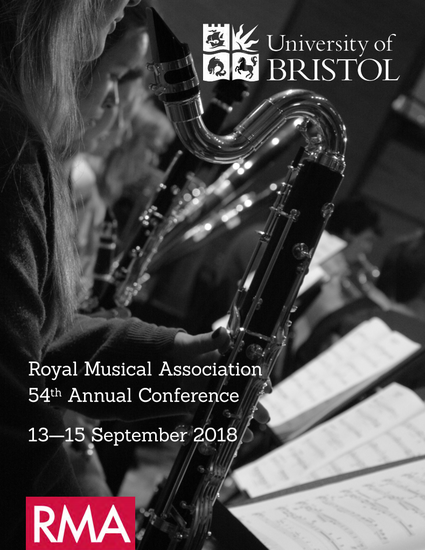
Presentation
The Opera Fantasia: Literary Ecphrasis in Music
Royal Musical Association 54th Annual Conference
(2018)
Abstract
Ecphrasis is the depiction of a visual work of art in a piece of literature, as in Keats’s Ode on a Grecian Urn; its rhetorical power comes from attempts at persuasion and emotional evocation (D’Angelo 1998). Further, ecphrasis allows the writer to assume some authorship of the depicted object, reinterpreting it through emotional, biased description. I argue that opera fantasias illustrate an ‘ecphractic’ impulse both to depict a work of art in a different genre and to reassign authorship of a work through interpretation. In an opera fantasia, a composer reuses and alters not only Verdi’s or Donizetti’s music but also his characters and structure. I use fantasia composer Antonio Pasculli as a case study, contending that his manipulation of opera plots often reclaims a happy ending for the leading female character. His combination of the oboe, a ‘female’ instrument, a female character, and ‘male’ virtuosity perhaps lends these operatic women some agency. It is selectivity that gives ecphrasis its power, offering the possibility of deepening or subverting characteristics of the original work. I argue that ecphrasis offers a useful lens for approaching opera fantasias, explicating frequently critiqued partiality and inaccuracy and revealing narrative trajectories within these works.
Disciplines
Publication Date
September 15, 2018
Location
Bristol, England, UK
Citation Information
Rachel Becker. "The Opera Fantasia: Literary Ecphrasis in Music" Royal Musical Association 54th Annual Conference (2018) Available at: http://works.bepress.com/rachel-becker/6/
